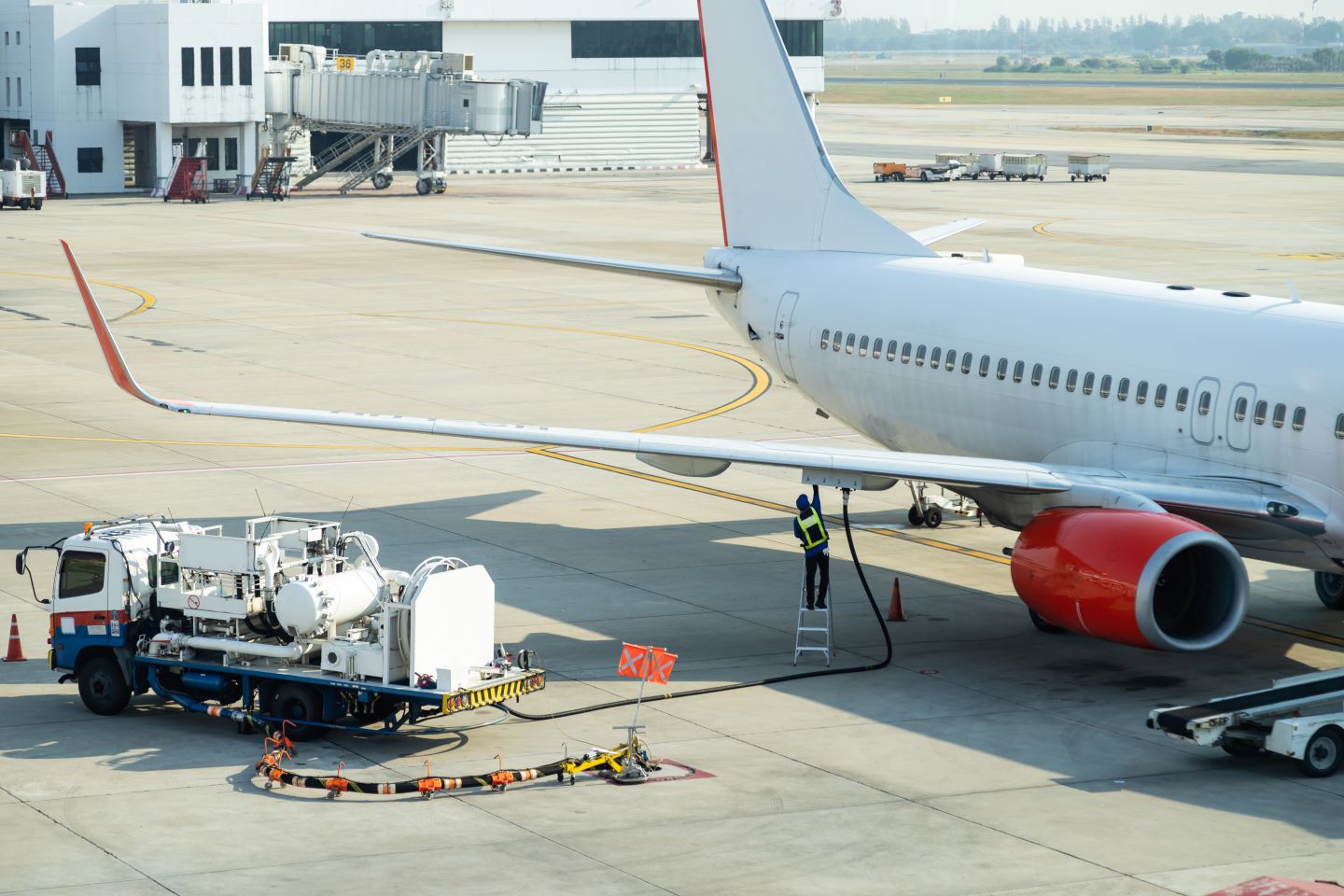
American multinational manufacturer Boeing and the Roundtable on Sustainable Biomaterials (RSB) are set to conduct a joint study which will scale sustainable aviation fuel (SAF) in South East Asia.
Compared to petroleum jet fuel, SAF has the potential to cut carbon emissions by up to 80% across the fuel’s life cycle.
While present worldwide, SAF supply contributes to approximately only 0.1% of jet fuel use and the Asia-Pacific region has the potential to produce 40% of the global feedstock supply.
RSB programme director Arianna Baldo emphasises how the expansion into South East Asia allows RSB and Boeing to further serve the aviation sector: “We are excited to start a new partnership with Boeing in Southeast Asia, looking at supporting the regional aviation sector to decarbonise in a way that goes beyond emission reductions and also considers wider sustainability impact on the environment and society.”
Based on the availability and sustainability of feedstocks across the area, phase one of the project will assess whether SAF production can be scaled sustainably in Southeast Asia.
The study will also analyse the policy environment for sustainable feedstocks, as well as the technical and economic feasibility of the primary SAF production paths.

US Tariffs are shifting - will you react or anticipate?
Don’t let policy changes catch you off guard. Stay proactive with real-time data and expert analysis.
By GlobalDataThe South East Asia project builds on Boeing’s previous partnerships with RSB under the “Fueling the Sustainable Bioeconomy“, which involves directing investment, policymakers, market development and more research to enable the establishment of a truly sustainable bioeconomy.
One earlier example is Boeing and RSB’s collaboration on their feedstock availability in Brazil research, in which they were able to acquire five distinct feedstocks which combined to seven potential paths, indicating the South Central area of Brazil as having strong demand for Jet A.
Jacqueline Lam, sustainability lead for Boeing in Southeast Asia, highlighted the importance of SAF for the future of aviation: “It’s imperative to expand the supply of SAF to decarbonise aviation, as they are safe and used every day as a drop-in replacement for fossil-based jet fuel.
“The findings of the study will provide an evidence-based, data-driven set of recommendations for promoting the SAF industry in Southeast Asia.”
Governments and regulators incentivising the production and usage of SAF is critical and many argue that a substantial change in the pace of SAF development is required if net-zero objectives are to be met.
Furthermore, this collaboration supports Boeing’s prior pledge to develop its commercial aircraft that are capable of flying on 100% SAF by 2030.



